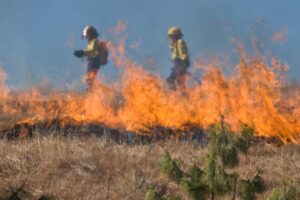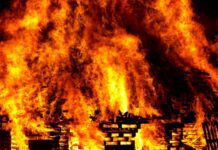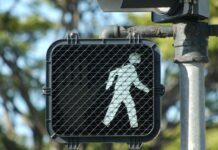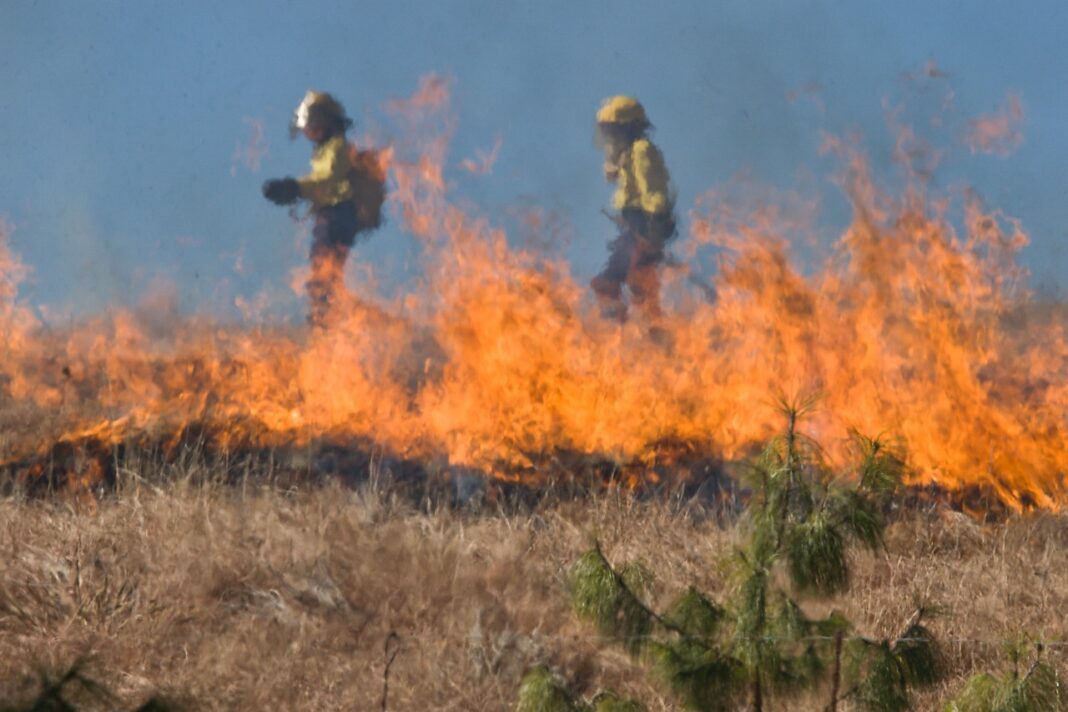– ATTORNEY ADVERTISING MATERIAL –
Singleton Schreiber, a leading fire litigation firm based in California, represents a beloved Hawaiian musician and family member, Buddy Jantoc, who was killed in the Maui Fire.
At the time of the fire Jantoc was living at the Hale Mahaolu Eono senior housing complex, he was 79 years old. His family reflects on his many great attributes and memories in a report by KITV 4, in which his granddaughter discusses her sadness about the way in which his life was taken. Rapid fire erupted throughout Lahaina, and Jantoc’s life was unfortunately taken amidst its wrath.

Jantoc only had minutes to evacuate the complex and his granddaughter believes his age and arthritis are factors in which it would’ve taken longer to leave the building. He is described by many as musically talented, he sang and played the base guitar and drums, and continuously toured with bands around the world.
“There is no reason that the people within reach of the fire should have received such a late notice to evacuate,” said Julia Bryant fire litigation attorney at Singleton Schreiber. “Mr. Jantoc only had minutes to evacuate, and he as well as many others in similar conditions were warned far too shortly.”
Anyone impacted by the fire can contact Singleton Schreiber to get assistance on how to reclaim government documents, file legal claims and get help on next steps by calling 808-582-8062 or by emailing info@singletonschreiber.com.
Devastating Toll of Maui Fire
In the tranquil paradise of Maui, where pristine beaches, lush forests, and stunning landscapes define its beauty, a catastrophic event unfolded that left an indelible mark on the island’s history. The Maui Catastrophic Fire, a conflagration of unprecedented scale, wreaked havoc on the island’s ecosystems, communities, and spirit. The toll of this disaster reverberated far beyond the charred landscapes, highlighting the urgent need for preparedness, resilience, and unity in the face of nature’s fury.
The Maui Catastrophic Fire, which ignited on a fateful summer day, rapidly grew into a raging inferno that spanned thousands of acres. Fueled by dry conditions, strong winds, and dense vegetation, the fire defied containment efforts and quickly overwhelmed firefighting resources. Its relentless march threatened not only homes and infrastructure but also the island’s invaluable natural habitats and unique biodiversity.
The economic toll of the Maui Catastrophic Fire was far-reaching. Tourist-dependent businesses suffered as visitors canceled their trips due to safety concerns and air quality issues. Hotels, restaurants, and local markets experienced a sharp decline in revenue, leading to layoffs and financial hardships for many island residents who relied on tourism for their livelihoods. The destruction of natural attractions, such as hiking trails and scenic viewpoints, further diminished Maui’s allure, compounding the economic strain.
One of the most heart-wrenching aspects of the disaster was the ecological devastation it left in its wake. Native plant species, many of which were already endangered, were wiped out by the flames, disrupting delicate ecosystems that had evolved over millennia. The loss of these plants also impacted native animal species, some of which relied exclusively on certain plants for food and shelter. The fire’s aftermath saw the island grappling with soil erosion, increased vulnerability to invasive species, and reduced water quality due to ash runoff.
In the face of adversity, the people of Maui demonstrated remarkable resilience and solidarity. Neighbors helped one another evacuate, shelter animals, and find refuge. Local organizations and volunteers rallied to provide assistance to those who lost their homes and livelihoods. Donations poured in from around the world, underscoring the global significance of this catastrophe and the collective human response it elicited.
The Maui Catastrophic Fire serves as a stark reminder of the urgent need to address climate change and invest in disaster preparedness. As temperatures rise and weather patterns become more erratic, the risk of wildfires – and other extreme events – intensifies. Communities must prioritize education and resources for fire prevention, early detection, and evacuation planning. Reforestation efforts and habitat restoration will be crucial to mitigating the long-term ecological impacts.
The toll of the Maui Catastrophic Fire transcends physical damage; it reaches deep into the hearts of those who call the island home and resonates with people worldwide. This catastrophe serves as a poignant wake-up call, highlighting the fragility of our natural world and the interconnectedness of human and environmental well-being. As Maui and its residents continue the arduous journey of recovery, they do so with a renewed sense of determination, knowing that the strength of their unity and resilience will shape a more hopeful future.
“My hope is that anyone affected by the Maui fire should contact an experienced fire attorney that can help them determine liability and fault,” said Gerald Singleton leading fire litigation attorney at Singleton Schreiber. “Many others in similar situations as Mr. Jantoc were unfairly warned and/or alerted about evacuation efforts and ultimately resulted in their harm.”
Anyone impacted by the fire can contact Singleton Schreiber to get assistance on how to reclaim government documents, file legal claims and get help on next steps by calling 808-582-8062 or by emailing info@singletonschreiber.com.
This is Attorney Advertising Material on behalf of Paul Starita (7624) and Julia Bryant (11594) of Singleton Schreiber, LLP.































